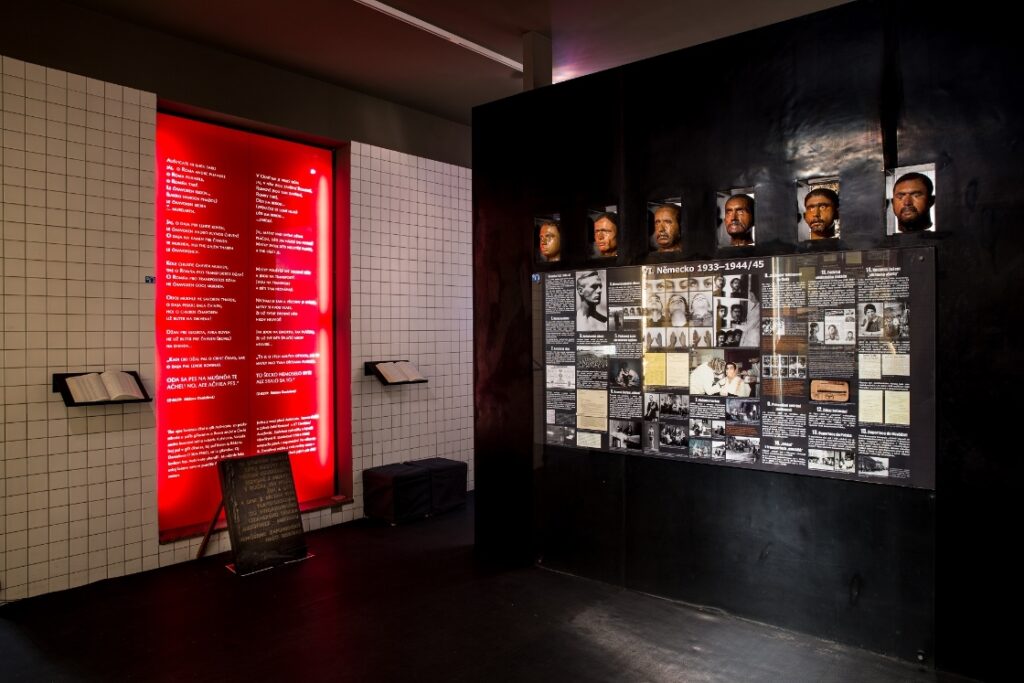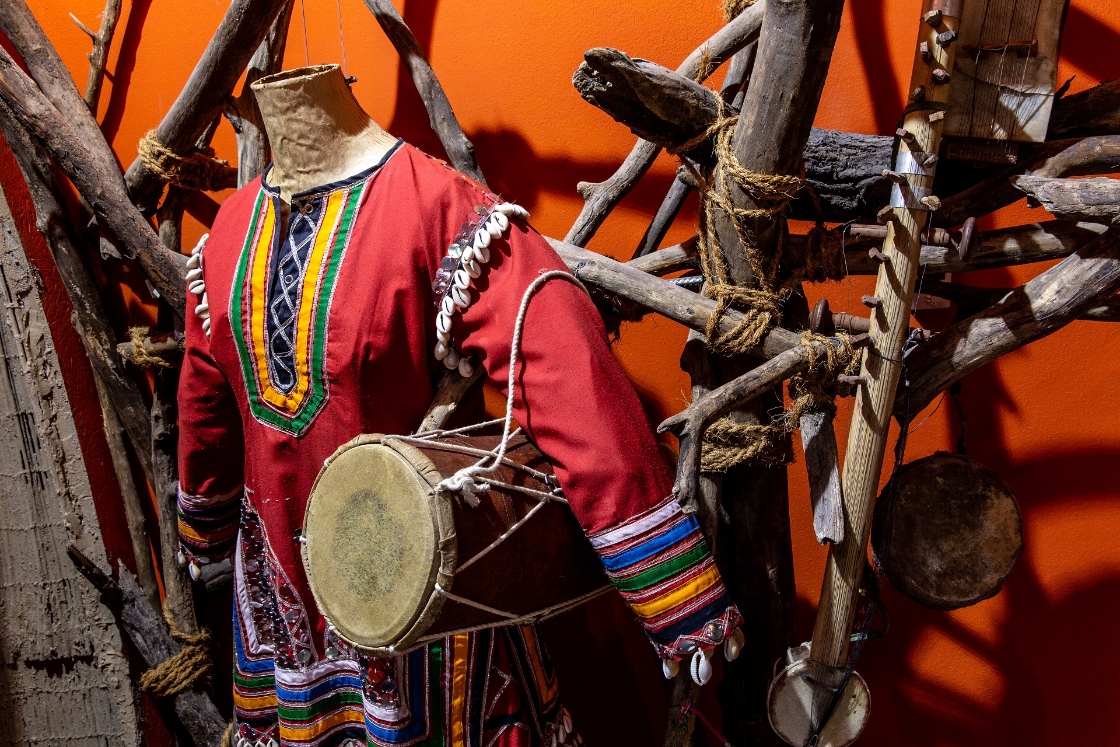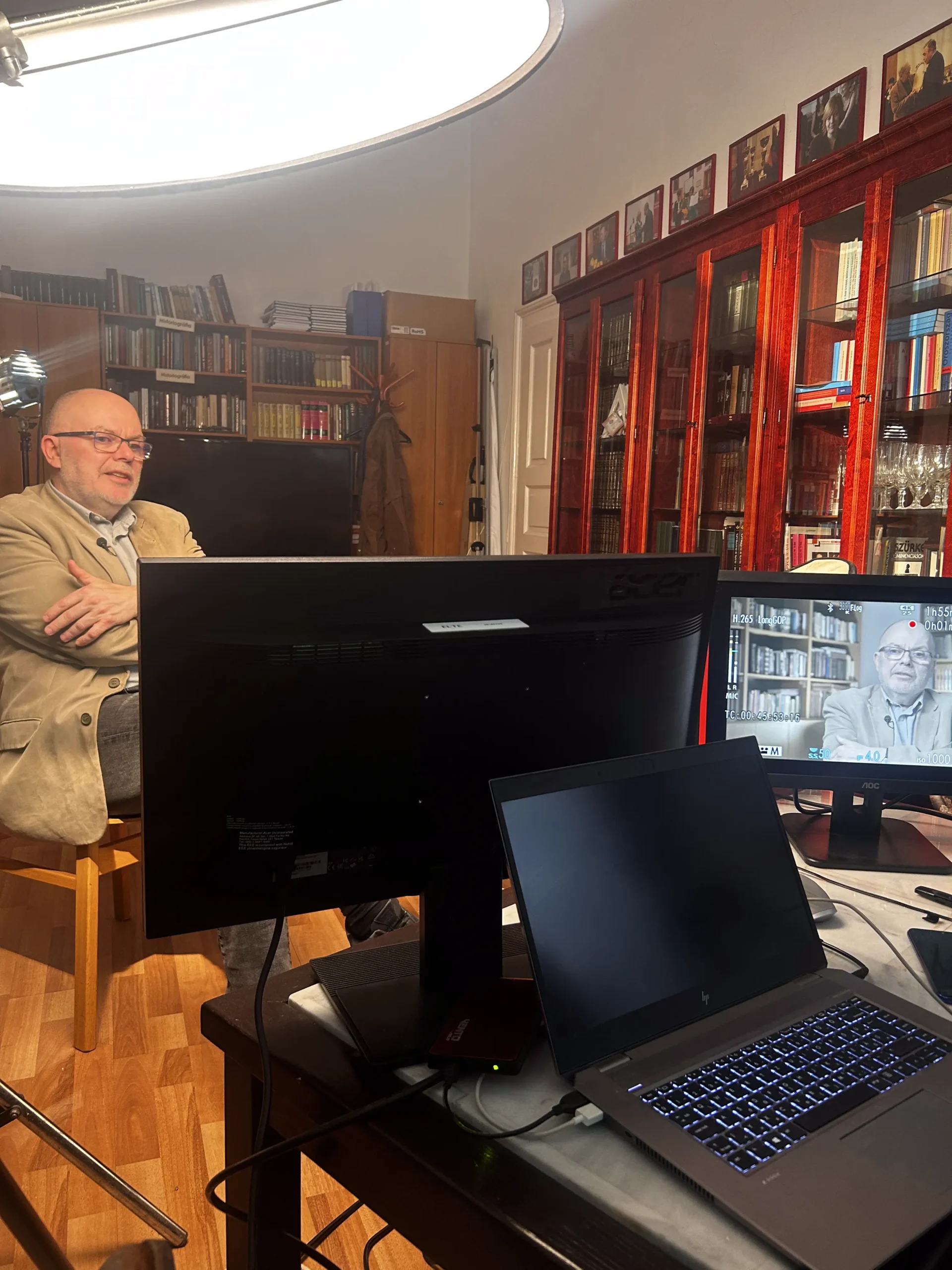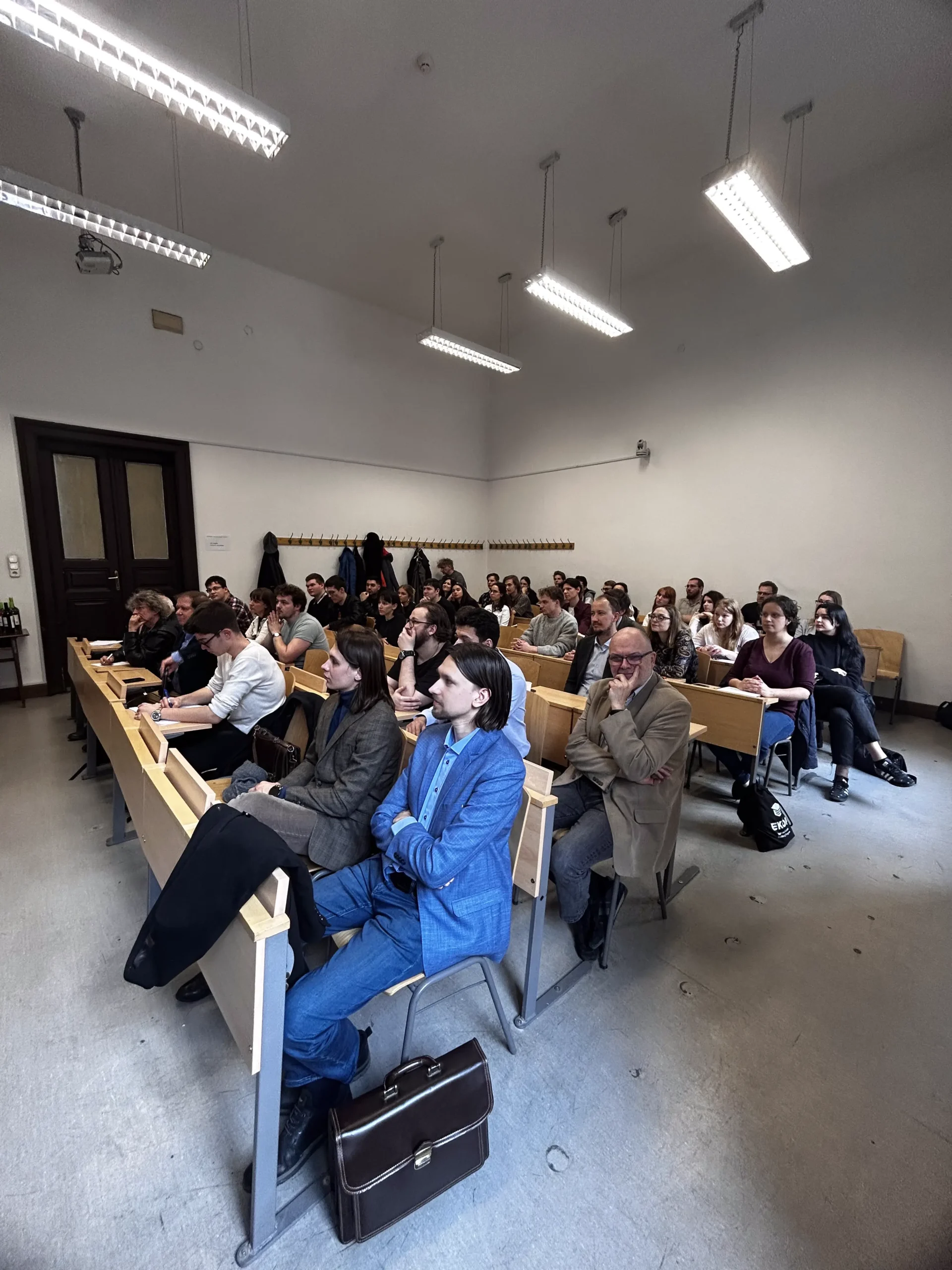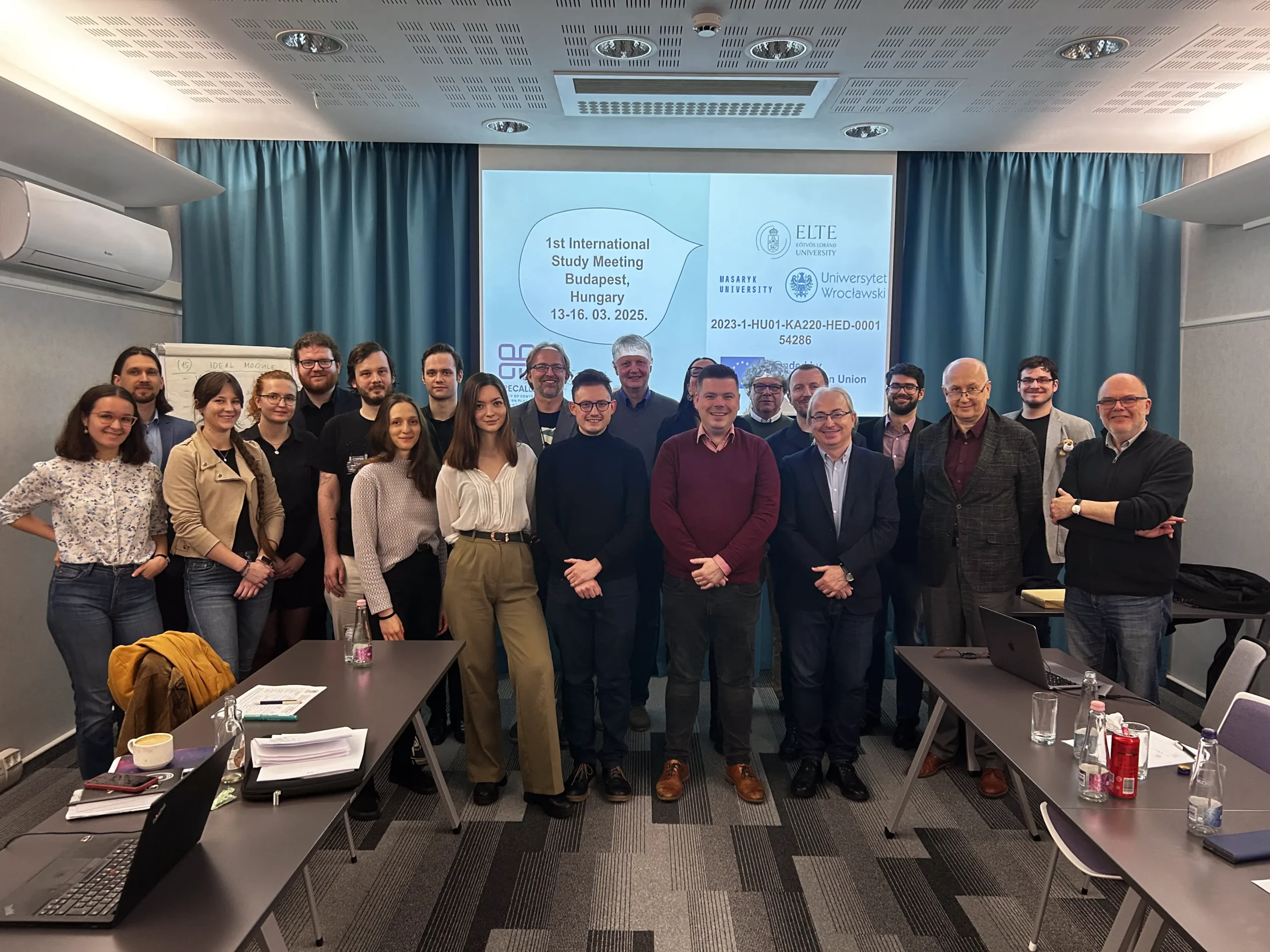The Roma in the Czech Lands – Brno
Fact of the Czech figure „The difficult search for multiethnic coexistence”
Part of the „The emancipation of minorities” topic
The first Roma came to the Czech lands from the Balkans via Hungary from the late Middle Ages. They wandered from place to place, making a living from occasional blacksmithing, selling horses, healing cattle, fortune-telling, playing music and small-scale illegal activities. In the settled peasant world, they were labelled „gypsies” and considered undesirable along with vagrants and robbers. For centuries, their movements were restricted by the regulations of the provincial authorities, and the Roma were relegated to a life on the margins of society. In modern times, their movements have been the subject of regular police surveillance and regulation. Nevertheless, some Roma families managed to improve their education and social status in the first decades of the 20th century. However, further integration of Roma was halted by the racist policies in the period of the Nazi occupation, which most Czech and Moravian Roma did not survive.
Roma are now the largest ethnic minority in the Czech Republic. Most of them arrived after 1945, mainly from Slovakia, to work as cheap labour in the heavy industry and on construction sites during the socialist era. According to the census, only a few tens of thousands of people claim Roma nationality or Roma as their mother tongue. However, the majority of Roma do not claim Roma identity or language. The reasons for this are manifold, but one cannot ignore possible fears of anti-Gypsyism, which are widespread in majority society, nor can one rule out the persistence of mistrust of official censuses, the misuse of which the Roma had unfortunate experience with in the 20th century. The official figures are therefore many times lower than the reality. According to qualified estimates, more than 260,000 Roma live in the Czech Republic, about 2.4% of the population.
In 1991, Roma intellectuals founded the unique Museum of Romani Culture in Brno (a state-funded organisation since 2005). Its main task is to document and make accessible the history and present of Roma culture. Since its establishment, the museum has also become a space for positive encounters and mutual understanding between minority and majority societies.
